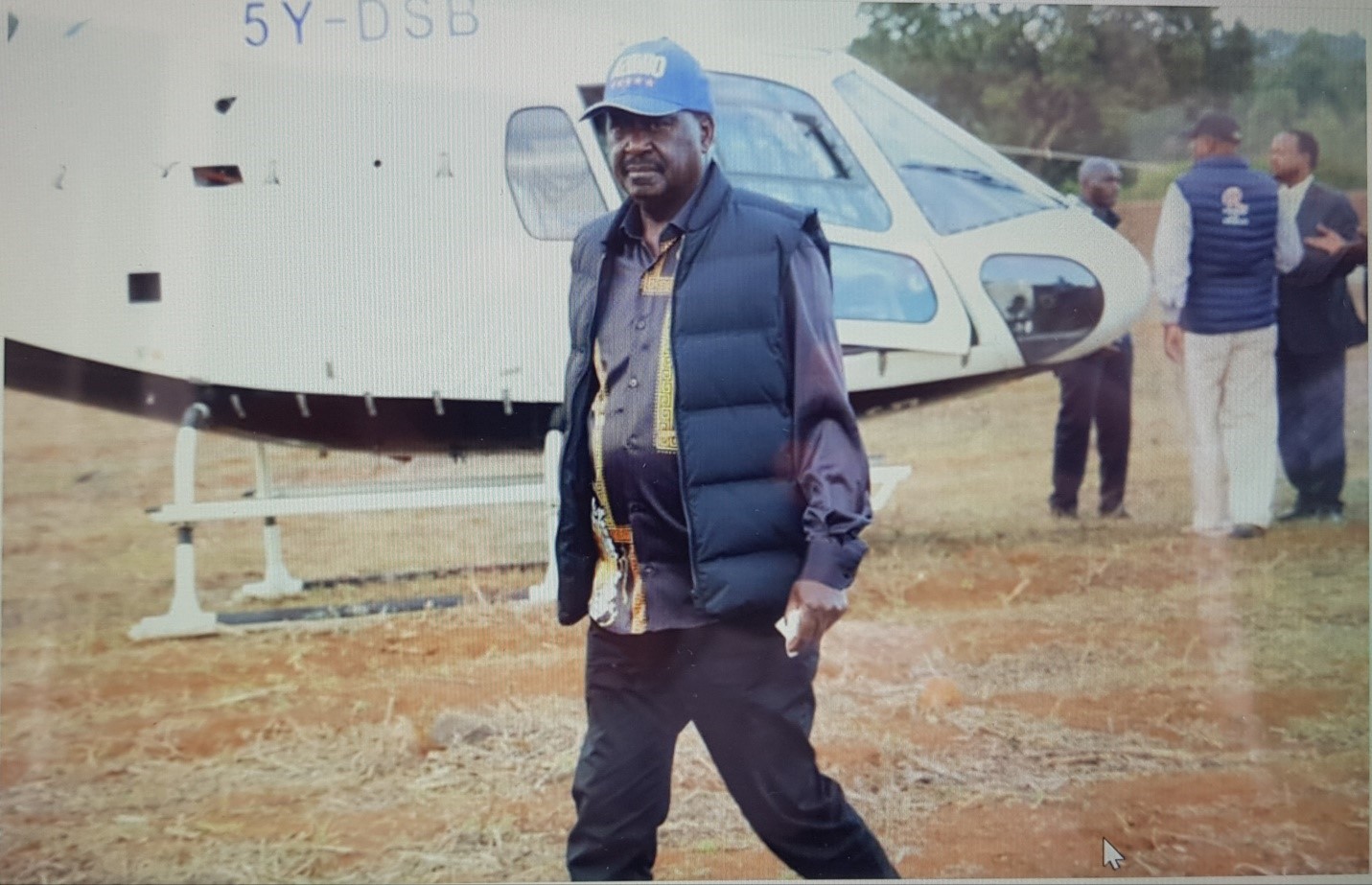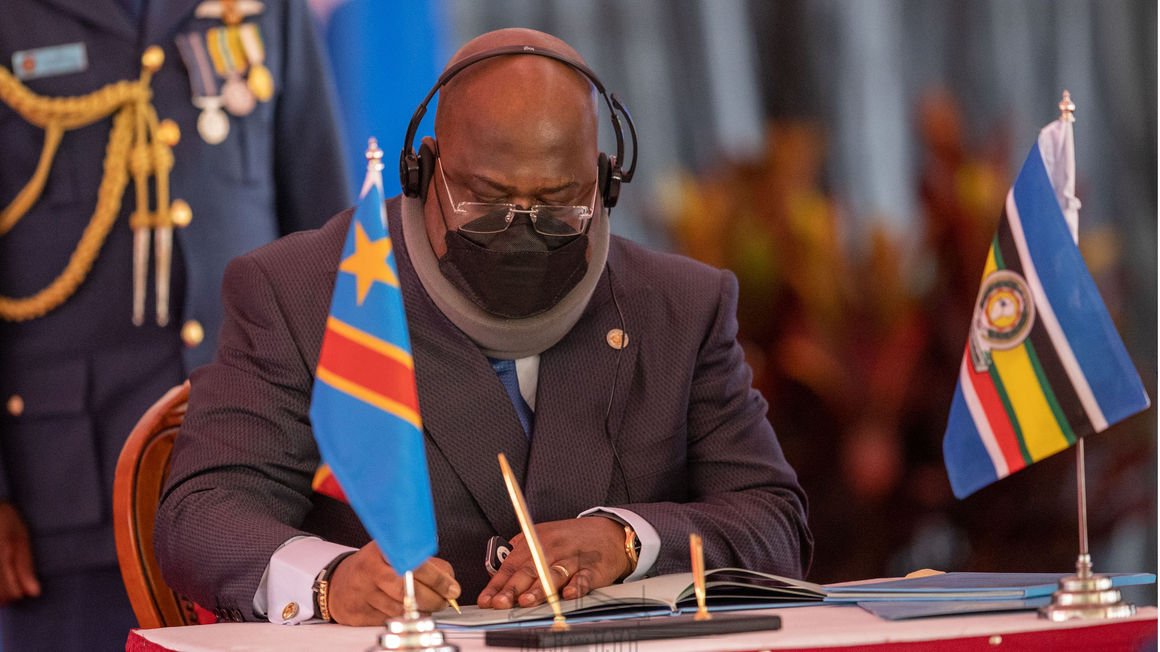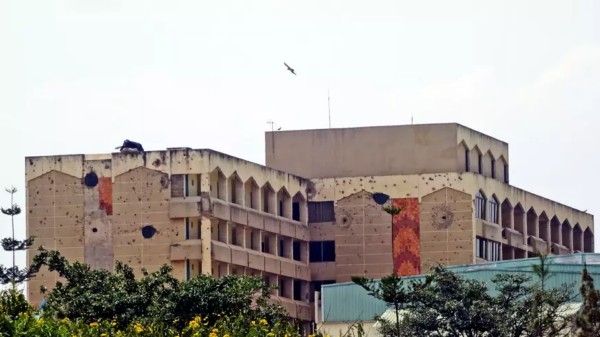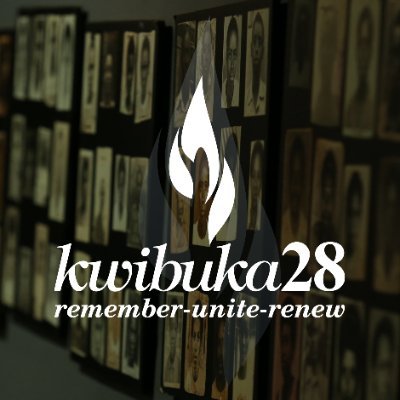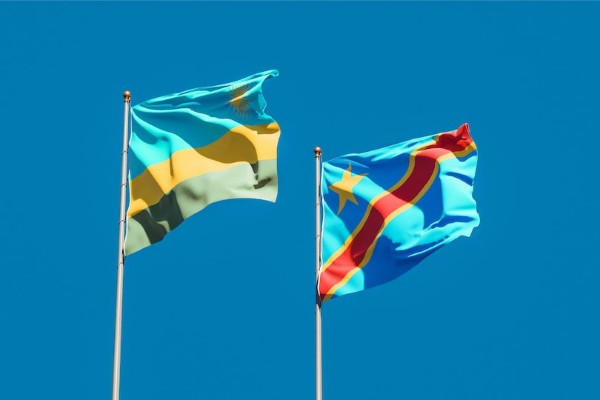Regional
Denialist Media Does Not Qualify for Freedom of Speech Protections
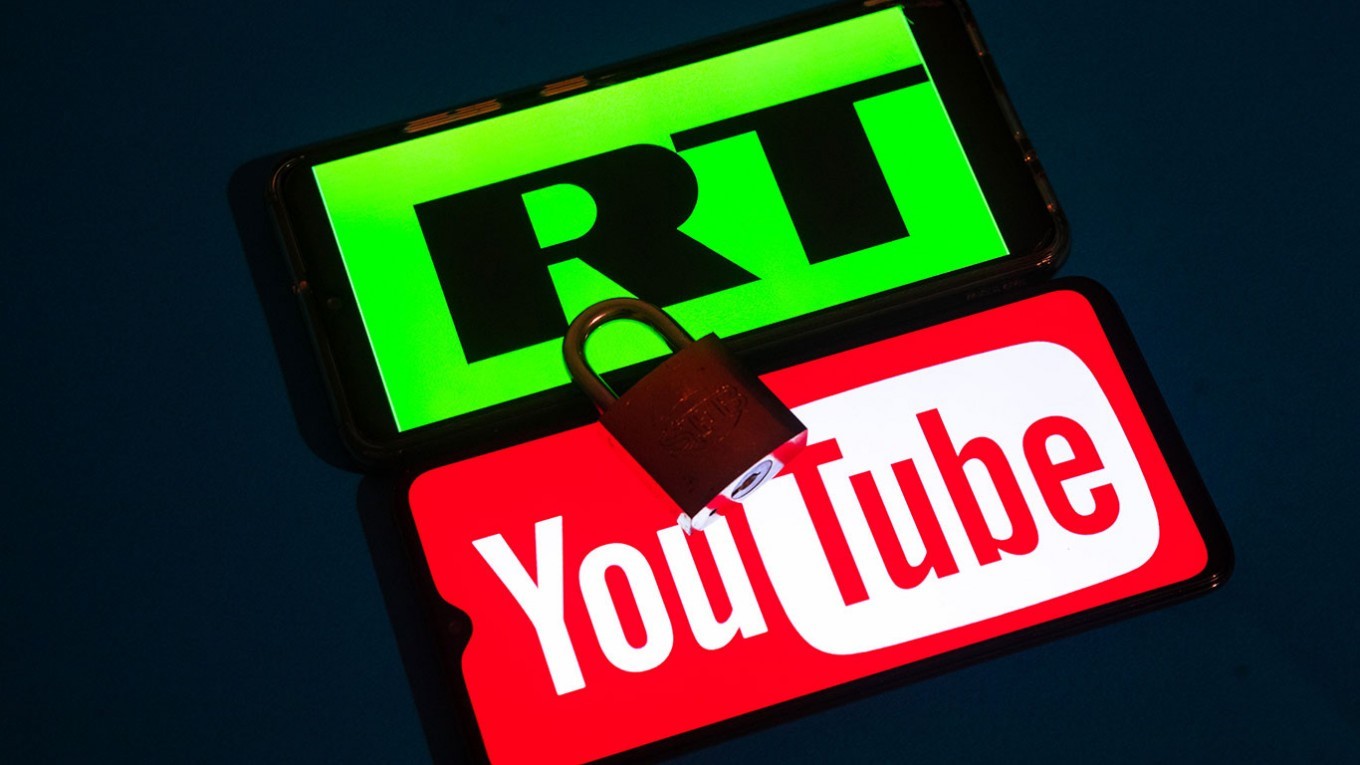
"Any
good-faith defender of free speech and freedom of the media ought to situate
the discourse in relation to the relevant international instruments and
domestic legislation, as well as their enforcement."
Rwanda’s
handling of genocide denialist Youtubers has attracted the rebuke of
international human rights organisations. These organisations argue that
Rwanda’s zero tolerance for genocide denial constitutes abuse of freedoms of
speech and the media’s right to serve the public interest. However, the
destructive capacity of the media in rallying ordinary people to go out and
kill their compatriots in 1994 gives credence to the decision to restrain the
denialist rhetoric on whatever platform it may be, whether mainstream media or
social media.
Moreover, the
silence of these very organisations as western governments restrict freedom of
speech and media in the coverage of the war in Ukraine raises questions whether
destructive media constitutes freedom of speech only when African lives are on
the line. What’s good for the goose ought to be good for the gander is an
oft-repeated proverb that exposes hypocrisy of monumental proportions.
For starters,
any good-faith defender of free speech and freedom of the media ought to
situate the discourse in relation to the relevant international instruments and
domestic legislation, as well as their enforcement. This is something these
international organisations rarely do, as they assign themselves the right to
define and rule.
We can’t talk
about freedom of speech and of media in the context of genocide and genocide
denial without reference to the rulings of the International Criminal Court for
Rwanda (ICTR). In the Media Trial of the ICTR, the court ruled that any message
expressed in the context of freedom of speech places responsibility on those
who run media houses and those who practice journalism to understand that the
message they give to the public must carry no ambiguity, contextually or
otherwise, that can be a reason for public danger.
To underscore
this point, the court referred to the analogy of a key witness who pointed out
that the transmissions of the media, left unchecked, are like kerosine that is
poured on the ground awaiting a simple ignition to catch fire. Such a situation
can only be allowed to persist where a pretext to carry out genocide is needed
– the 1994 presidential plane crash in Rwanda, for instance.
This ruling is
crucial in a number of ways. One, when we enact a law to deal with criminal
media, the issue is really not whether at that particular moment the specific
media house or houses carry any potential to cause immediate damage to society.
At issue is the long-term effect if the situation that warranted the enactment
in the first place was allowed to emerge and continue unmitigated. Such a
situation could be the transmission of genocide ideology without any hindrance,
in the name of promoting freedom of speech.
This leads us
to the threshold of controls that is necessary to ensure that everyone in
society exercises their freedom while cognisant of his or her obligation to do
so responsibly; that is, not to abuse the very freedom by exercising it in a
criminal manner, as is the case with genocide denial. But if human rights
organisations are demanding a special arrangement that tolerates the criminal
use of speech, then their motives have to be interrogated, especially given
they are not advocating the same exceptions in the societies they operate from.
Why the double standards, one might ask.
Neither is the
United Nations Declaration for Human Rights open-ended. Its article 19 on free
speech and freedom of the media serves as a reference point around which
domestic legislation finds convergence. It provides that neither press freedom
nor free speech is absolute and that limitations to such rights “shall be
determined by law solely for the purpose and respect of the rights and freedom
of others and of meeting the just requirements of morality, public order and
the general welfare in a democratic society.” What the courts do is the
same all over the world: interpretation. This is done on a case-by-case basis.
The reason is simple but important.
UN instruments
would never be broad enough to cover every context. Neither is it desirable for
it to do so because the law would lose meaning and applicability, as there
would need to be an example of a society with a monopoly over wisdom, whose
domestic considerations would need to be exported to other societies. This
would promote a form of dictatorship that the very legislation seeks to
prevent.
Criminal use of
speech
The crime of
genocide denial manifests itself in different forms. These are best understood
by a society that has suffered genocide because, as the ICTR ruled, it is all
about the context: the coded language, the nuances. In other words, for the
laws of genocide denial to serve the purpose of deterrence and punishment,
enforcement must be able to read between the lines. It is for this reason that
the conviction of those who were running RTLM was secured. Although they never
mobilized in plain language for people to go and kill, the Arusha court was
able to deconstruct the coded language that was used on the radio station and
made conclusions regarding its objective and intent as genocidal in nature.
Crucially, this
identification of coded language and its deconstruction is a permanent exercise
that society engages in, in the context of genocide and denial. Every time it
resurfaces in any form, whether through traditional or new technology, it
invites regulation by law of the medium of transmission, as is the case with
YouTube.
At any rate, as
we have observed from western restrictions on media as a result of the war in
Ukraine, there can never be a challenge of drawing the line between the right
to freedom of speech and the duty to protect society against harmful
propaganda. Indeed, those who have been claiming to provide leadership in the
defense of freedom of speech have reacted by imposing restrictions at the
slightest hint of a crisis. It is rather surprising that they condemn other
societies, especially those which are still dealing with the effects of past
tragedies, for acting equally decisively. What is happening in Rwanda in terms
of restricting denialist media is not a Rwanda invention.
Time,
sensibilities, education, and socialization
Proximity to
the tragedy matters. For instance, the way you deal with certain things changes
based on time. I am convinced that the way Germany and other countries are
dealing with Nazi ideology can’t be the same way Rwanda deals with genocide
ideology. Why? We are dealing with the first generation of survivors and
perpetrators. Those countries are, to a large extent, exiting that generation
and have a population that does not have direct contact with the Holocaust.
This is unlike the situation in Rwanda, where memories are still very fresh. In
other words, genocide denial is a first-generation issue in Rwanda, while it is
a second or third generation issue in Germany.
This explains,
in part, why the tools and methods applied to deal with these issues are
different from one country to another. Time informs the methods that a specific
society can apply to deal with the threat of genocide denial. This also
indicates that certain adjustments and methods – even those that some human
rights groups are promoting without regard to context – may become appropriate
with time.
There is the
issue of the requisite sensibilities – since the law must take into account
people’s perception of their security and vulnerabilities. It is not that
surprising that an American who has not suffered genocide would tend to
disparage measures to prevent its recurrence and treat genocide denial very
lightly, as something that can be tolerated given the importance of speech and
media freedom within the US’s own democratic context. He or she would dismiss
the concern for preserving lives that prompted the enactment of such measures.
Yet, people must be alive in order to enjoy the fruits of democracy.
Moreover, while
someone brandishing a message of hate in the US is generally ignored, we have
seen how the US government deals with any escalation, as was the case with the
“incursion” on the White House on January 6th. But this is a risk
that not all societies can afford to take, least of all in a country like
Rwanda where at any gathering at any moment there are high chances that a
survivor and a perpetrator are standing next to each other.
Then there’s
education and socialisation. A society can tolerate some forms of genocide
denial because it presumes that the population can practice self-regulation by
identifying which message to ignore or to adhere to.
German society
has had much anti-Holocaust socialisation and other societies in Europe have
shaped their curriculums in ways that address this problem. In fighting denial,
proximity in time and space matters, and education, socialisation about
parameters of decency, and the law are necessary tools. Every society deals
with the challenge based on its own historical experience.
The lesson is
that countries have the responsibility to protect their people and to do so
within the prevailing legal framework. Rwanda is doing it according to its own
historical and social context by reaffirming that genocide denial is
unacceptable regardless of the platform used to promote it. Europeans and
Americans are enacting similar restrictions in regards to the Ukraine conflict
according to the context they find themselves in. For instance, “anyone publicly approving the war may be liable to
prosecution”,
as announced recently by the German ministry of interior. In both cases, the
fact that the laws in the books do not specifically refer to Youtube technology
doesn’t make any difference. International instruments do not make reference to
Youtube as such because it is a new technology in relation to the period the
instruments came into force.
This, however,
does not exempt offenders from the letter and spirit of those instruments, as
the current enforcement against harmful propaganda in Europe and America is
proving in the context of the war in Ukraine. The essence of the legislation is
to cater for present and future situations, as far as legislators can foresee.
The objective should remain to protect people’s lives from harmful propaganda and extremist ideologies. There should not be a selective application of these sensibilities. Certainly not for genocide denial.
Source: https://panafricanreview.rw/


